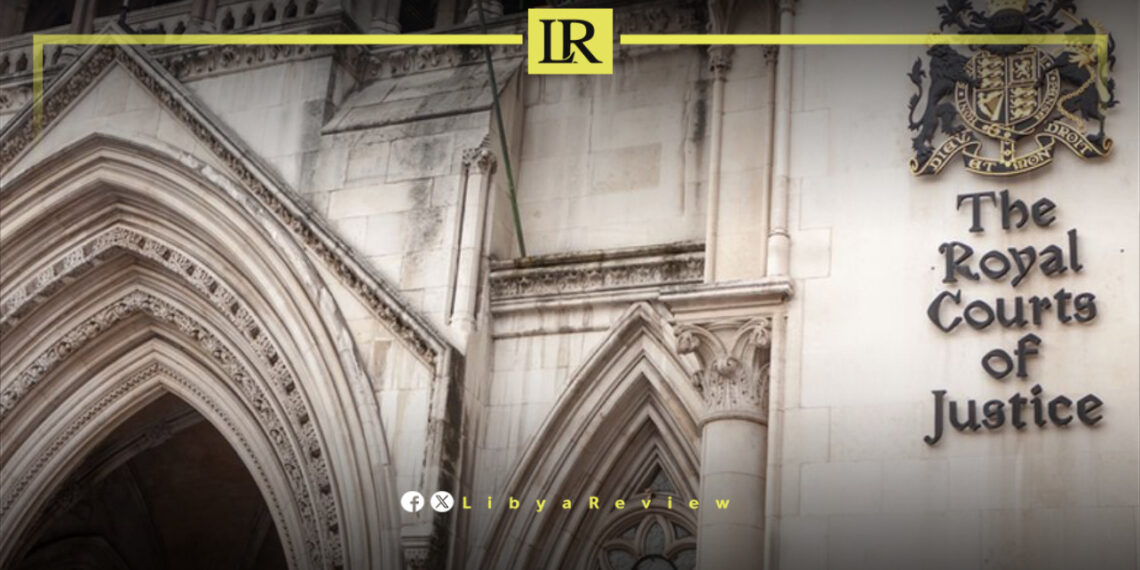Libya has lost a legal battle in the English Court of Appeal, which ruled that the country cannot claim state immunity to block the enforcement of a £16.1 million arbitral award won by General Dynamics United Kingdom Limited (GDUK). The decision allows GDUK to proceed with seizing Libyan assets in the UK to recover the debt.
The dispute began in 2008 when Libya signed a contract with GDUK for the supply of communication systems. The agreement included a clause stating that arbitration decisions would be “final, binding, and wholly enforceable.” A disagreement arose, leading to arbitration under International Chamber of Commerce (ICC) rules. In 2016, GDUK secured an award, but Libya refused to pay.
Legal proceedings began in 2018, and by March 2024, a UK court issued a final charging order on a Libyan-owned property in London. Libya appealed, arguing that while it had waived adjudicative immunity, it had not explicitly waived immunity from enforcement under the State Immunity Act 1978 (SIA).
The Court of Appeal rejected Libya’s claim. Judges ruled that the phrase “final, binding, and wholly enforceable” in the contract amounted to clear written consent for enforcement.
They also pointed to the ICC arbitration rules, which require parties to comply with awards without delay. The court concluded that Libya cannot use state immunity to evade its contractual obligations.
This ruling adds to Libya’s growing legal and financial challenges. Since the 2011 uprising, Libya has faced multiple international lawsuits over unpaid contracts, frozen assets, and compensation claims. Political instability, weak governance, and economic mismanagement have made the country vulnerable to enforcement actions.
Libya’s foreign assets, including oil revenues and overseas properties, have been targeted in legal disputes. International courts in Europe and the US have ruled against Libya in several cases, forcing the country to settle outstanding debts or risk asset seizures.
The GDUK ruling could set a precedent, encouraging other claimants to pursue legal action against Libyan state assets abroad.
The case also highlights Libya’s broader economic struggles. Despite holding Africa’s largest oil reserves, Libya continues to suffer from corruption, smuggling, and financial mismanagement. Political divisions between rival governments have further complicated economic recovery, leading to disputes over budget allocations and oil revenues.
Oil revenue, Libya’s main source of income, has also been a point of legal contention. Disputes over oil payments, frozen assets, and debt claims have led to multiple lawsuits in international courts.
Smuggling, corruption, and political divisions continue to complicate Libya’s financial standing, making it vulnerable to enforcement actions on foreign judgments and arbitral awards.


